Beta-Sitosterol: How This Plant Compound May Help Your Prostate
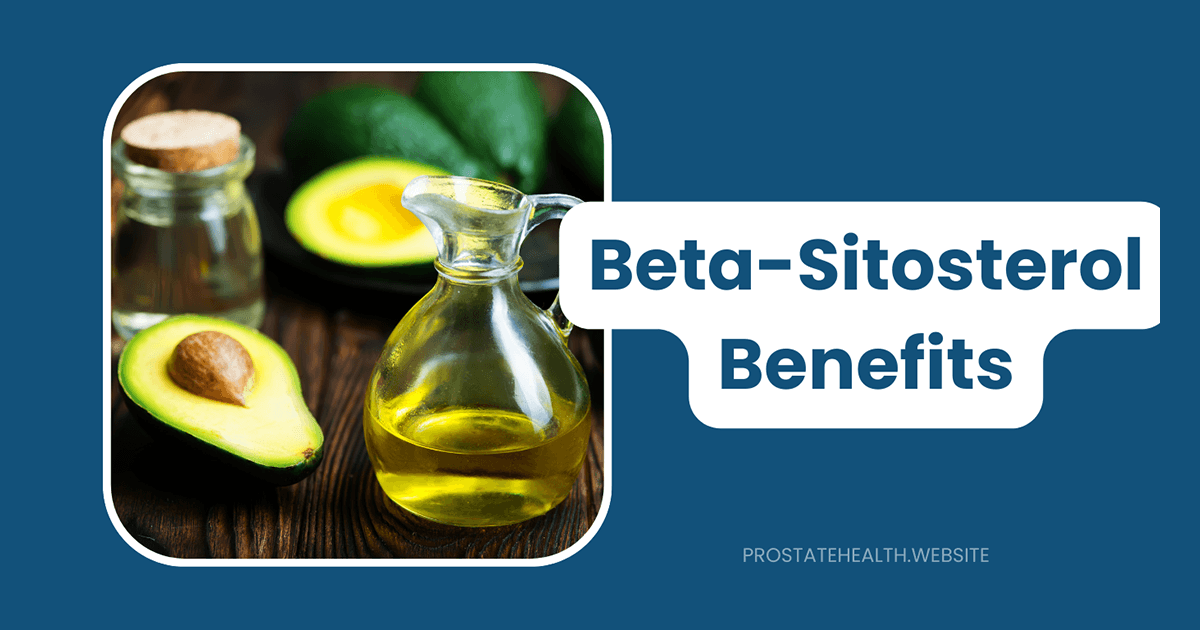
When I first began experiencing the telltale symptoms of prostate issues—frequent nighttime bathroom trips, a weakened urine stream, the frustrating feeling of incomplete emptying—I was determined to find solutions beyond prescription medications. Like many men, I wanted to address the problem at its source, preferably with something natural that wouldn’t compromise other aspects of my health.
My research led me to beta-sitosterol, a plant compound that kept appearing in scientific literature about prostate health. What I discovered was both surprising and encouraging: this natural substance, found in many everyday foods, has substantial clinical evidence supporting its benefits for men with prostate concerns.
In this comprehensive guide, I’ll share what I’ve learned about beta-sitosterol—how it works, what the science says, proper dosages, and how it compares to other natural prostate remedies. My goal is to provide you with the information you need to make an informed decision about whether this plant compound might be right for your prostate health journey.
What Is Beta-Sitosterol?
Beta-sitosterol belongs to a family of plant compounds called phytosterols. These natural substances have a chemical structure remarkably similar to cholesterol but work very differently in the body.
The Science Behind Phytosterols
Phytosterols, including beta-sitosterol, are essential components of plant cell membranes—similar to how cholesterol is essential to animal cell membranes. When we consume phytosterols, they compete with cholesterol for absorption in the intestines, which explains their well-documented cholesterol-lowering effects.
However, what makes beta-sitosterol particularly interesting for men’s health is its apparent affinity for prostate tissue and its ability to influence several biological processes related to prostate function.
Where Beta-Sitosterol Is Found
Beta-sitosterol occurs naturally in a wide variety of plant foods, including:
- Vegetable oils: Especially rice bran, wheat germ, corn, and olive oils
- Nuts and seeds: Particularly pumpkin seeds, pistachios, almonds, and walnuts
- Fruits: Avocados are exceptionally rich in beta-sitosterol
- Legumes: Including soybeans, peanuts, and chickpeas
- Vegetables: Especially Brussels sprouts and cauliflower
While these foods contain beta-sitosterol, the amounts are relatively small compared to therapeutic doses used in clinical studies. For instance, an avocado—one of the richest food sources—contains approximately 76 mg of beta-sitosterol, whereas clinical studies typically use doses of 60-130 mg daily.
How Beta-Sitosterol Works for Prostate Health
The prostate gland, despite its small size, can cause significant discomfort when it becomes enlarged—a condition known as benign prostatic hyperplasia (BPH) that affects about 50% of men by age 60 and up to 90% by age 85. But how exactly does beta-sitosterol help address this common condition?
Multiple Mechanisms of Action
Research suggests that beta-sitosterol works through several complementary mechanisms:
1. Anti-Inflammatory Effects
Chronic inflammation plays a significant role in prostate enlargement. Beta-sitosterol has demonstrated potent anti-inflammatory properties, reducing levels of inflammatory markers like interleukin-1β and tumor necrosis factor-α (TNF-α) in prostate tissue.
Dr. Aaron Katz, Chairman of Urology at NYU Winthrop Hospital, explains: “The anti-inflammatory effects of beta-sitosterol may help reduce prostate tissue swelling, which can alleviate pressure on the urethra and improve urinary symptoms.”
2. Inhibition of 5α-Reductase
Similar to prescription medications like finasteride (Proscar) and dutasteride (Avodart), beta-sitosterol appears to inhibit the enzyme 5α-reductase, which converts testosterone to dihydrotestosterone (DHT). DHT is a potent androgen that stimulates prostate growth.
However, unlike these medications, beta-sitosterol inhibits both type I and type II isoforms of 5α-reductase in a non-competitive manner, potentially offering a more comprehensive approach with fewer side effects.
3. Androgen Receptor Binding
Recent research published in the Journal of Clinical Endocrinology & Metabolism indicates that beta-sitosterol may also inhibit the binding of DHT to androgen receptors in prostate cells, further reducing the hormonal stimulation that contributes to prostate enlargement.
4. Modulation of Prostaglandin Levels
Beta-sitosterol appears to influence prostaglandin metabolism in the prostate, which may help regulate inflammation and muscle tone in the bladder neck and prostate, potentially improving urinary flow.
The Cholesterol Connection
Interestingly, the same mechanism that makes beta-sitosterol effective for lowering cholesterol may also contribute to its prostate benefits. By altering the cholesterol composition of prostate cell membranes, beta-sitosterol may influence cell signaling pathways involved in prostate growth and inflammation.
The Scientific Evidence: What Research Shows
The evidence supporting beta-sitosterol for prostate health has been accumulating for decades, with some of the most compelling data coming from randomized, placebo-controlled trials.
Key Clinical Studies
The Berges Study (1995)
One of the most frequently cited studies on beta-sitosterol for BPH was conducted by Berges and colleagues and published in The Lancet. This double-blind, placebo-controlled study involved 200 men with symptomatic BPH who received either 60 mg of beta-sitosterol or placebo daily for six months.
The results were impressive:
- The beta-sitosterol group showed a 7.4-point improvement in the International Prostate Symptom Score (IPSS) compared to only 2.1 points in the placebo group
- Maximum urinary flow rate increased by 5.2 ml/second in the treatment group versus 1.1 ml/second with placebo
- Residual urinary volume decreased by 33.5 ml with beta-sitosterol versus just 13.8 ml with placebo
The Klippel Study (1997)
Another significant study by Klippel and colleagues followed 177 men with BPH for six months. Participants receiving 130 mg of beta-sitosterol daily experienced:
- A 38% decrease in IPSS scores (versus 16% with placebo)
- A 45% improvement in quality of life scores
- A 19% increase in peak urinary flow rate
The Cochrane Review (2000, Updated 2023)
Perhaps most compelling is the Cochrane Review, which analyzed data from multiple randomized controlled trials. The review concluded that “beta-sitosterols improve urinary symptoms and flow measures in men with BPH” and that these effects were maintained for up to 18 months in studies with longer follow-up.
The 2023 update to this review reinforced these findings, noting that beta-sitosterol consistently outperformed placebo across multiple outcome measures.
Limitations of the Research
While the evidence is promising, it’s important to acknowledge some limitations:
- Most studies have been relatively short (6-12 months), with limited long-term data
- Studies have not shown that beta-sitosterol reduces prostate size, despite symptom improvement
- The exact mechanism of action remains incompletely understood
- Quality and composition of beta-sitosterol supplements can vary significantly
Dr. Roger Dmochowski, Professor of Urologic Surgery at Vanderbilt University, notes: “The evidence for beta-sitosterol is stronger than for many other natural supplements for BPH, but we still need larger, longer-term studies to fully understand its place in prostate health management.”
Beta-Sitosterol vs. Other Prostate Supplements
When it comes to natural approaches to prostate health, beta-sitosterol is just one of several options. How does it compare to other popular supplements?
Beta-Sitosterol vs. Saw Palmetto
Saw palmetto is perhaps the best-known herbal remedy for prostate health, but recent large-scale studies have cast doubt on its effectiveness.
Comparative Effectiveness:
- A 2023 Cochrane Review found that saw palmetto provided “little to no benefit” for BPH symptoms compared to placebo
- In contrast, beta-sitosterol consistently outperformed placebo in clinical trials
- Some saw palmetto products actually contain beta-sitosterol, which may account for some of their effects
Mechanism of Action:
- Both may inhibit 5α-reductase, but beta-sitosterol appears to have additional anti-inflammatory and receptor-binding effects
- Beta-sitosterol works through multiple pathways, potentially offering more comprehensive benefits
Side Effect Profile:
- Both supplements are generally well-tolerated
- Saw palmetto may cause mild digestive upset, headache, or dizziness
- Beta-sitosterol occasionally causes digestive symptoms but rarely affects sexual function
Beta-Sitosterol vs. Pygeum Africanum
Pygeum, derived from the bark of the African cherry tree, is another popular prostate supplement.
Comparative Effectiveness:
- Both have shown benefits for urinary symptoms in clinical trials
- Beta-sitosterol has more robust clinical evidence
- Some supplements combine both ingredients for potentially synergistic effects
Mechanism of Action:
- Pygeum contains beta-sitosterol along with other compounds like pentacyclic triterpenes
- Both have anti-inflammatory properties, but beta-sitosterol has more well-documented effects on 5α-reductase
Beta-Sitosterol vs. Prescription Medications
How does beta-sitosterol compare to prescription options like alpha-blockers (tamsulosin) and 5α-reductase inhibitors (finasteride)?
Effectiveness:
- Prescription medications generally show stronger effects in clinical trials
- Alpha-blockers work more quickly (days to weeks) than beta-sitosterol (weeks to months)
- 5α-reductase inhibitors actually reduce prostate size, which beta-sitosterol does not appear to do
Side Effect Profile:
- Alpha-blockers can cause dizziness, fatigue, and orthostatic hypotension
- 5α-reductase inhibitors may cause sexual side effects in 3-16% of men
- Beta-sitosterol rarely causes significant side effects
Dr. Mark Moyad, Director of Preventive and Alternative Medicine at the University of Michigan, suggests: “For men with mild to moderate symptoms who want to avoid prescription side effects, beta-sitosterol represents a reasonable first-line approach, with the understanding that prescription options are available if symptoms worsen.”
Dosage Guidelines: How Much Beta-Sitosterol Should You Take?
If you’re considering beta-sitosterol for prostate health, getting the dosage right is crucial for both effectiveness and safety.
Effective Dosage Range
Based on clinical studies, the effective dosage range for prostate health appears to be:
- 60-130 mg daily of pure beta-sitosterol
- 300-600 mg daily of a plant sterol/sterolin mixture containing beta-sitosterol
Most studies divided these doses and took them with meals (e.g., 60-65 mg twice daily).
Timing and Administration
For optimal absorption:
- Take with meals containing some fat
- Divide doses throughout the day if taking higher amounts
- Maintain consistent daily intake
Duration of Use
Beta-sitosterol is not a quick fix. Based on clinical studies:
- Allow at least 4-8 weeks to notice initial improvements
- Maximum benefits typically appear after 3-6 months of consistent use
- Benefits appear to be maintained as long as supplementation continues
Choosing a Quality Supplement
Not all beta-sitosterol supplements are created equal. Look for:
- Standardized extracts with a guaranteed percentage of beta-sitosterol
- Third-party testing for purity and potency
- Reputable manufacturers that follow Good Manufacturing Practices (GMP)
- Transparent labeling that clearly states the amount of actual beta-sitosterol (not just “plant sterols complex”)
Some well-regarded beta-sitosterol supplements include:
- NOW Beta-Sitosterol Plant Sterols
- Life Extension PalmettoGuard
- Pure Encapsulations Beta-Sitosterol
- Theralogix Prostate SR (combination product)
Safety Profile and Potential Side Effects
One of beta-sitosterol’s main advantages is its favorable safety profile, especially compared to prescription medications for BPH.
Common Side Effects
Side effects are generally mild and infrequent, but may include:
- Digestive issues (nausea, indigestion, gas, diarrhea, constipation)
- Mild nausea
- Temporary changes in appetite
Rare Side Effects
Less commonly reported:
- Erectile dysfunction or decreased libido (though much less frequent than with prescription 5α-reductase inhibitors)
- Allergic reactions in sensitive individuals
Drug Interactions
Beta-sitosterol may interact with:
- Cholesterol-lowering medications: May enhance effects of statins or ezetimibe
- Hormone therapies: Theoretical interaction with testosterone or estrogen therapies
- Blood thinners: Possible increased bleeding risk, though evidence is limited
Special Considerations
Sitosterolemia: Individuals with this rare genetic disorder should avoid beta-sitosterol supplements, as they cannot properly metabolize plant sterols.
Pregnancy and Breastfeeding: Not recommended due to insufficient safety data.
Pre-Surgery: Discontinue at least 2 weeks before scheduled surgery due to theoretical bleeding risk.
Beyond Supplements: Dietary Sources of Beta-Sitosterol
While supplements provide concentrated amounts of beta-sitosterol, incorporating food sources into your diet can provide additional benefits.
Top Food Sources
| Food | Beta-Sitosterol Content (mg per 100g) |
| Avocado | 76 mg |
| Pistachio nuts | 60 mg |
| Almonds | 39 mg |
| Pumpkin seeds | 34 mg |
| Olive oil | 29 mg |
| Macadamia nuts | 28 mg |
| Brussels sprouts | 24 mg |
| Wheat germ | 20 mg |
Creating a Beta-Sitosterol-Rich Diet
While it’s difficult to reach therapeutic doses through diet alone, these foods offer additional health benefits beyond their beta-sitosterol content:
Breakfast Ideas:
- Avocado toast on whole grain bread
- Oatmeal topped with pumpkin seeds and almonds
- Smoothie with avocado, spinach, and flaxseeds
Lunch and Dinner Options:
- Salads with olive oil dressing and nuts
- Roasted Brussels sprouts with pistachios
- Chickpea and vegetable stir-fry with olive oil
Snack Suggestions:
- Mixed nuts and seeds
- Guacamole with vegetable sticks
- Hummus (made with olive oil)
Real Men, Real Results: Case Studies
While scientific studies provide valuable data, individual experiences can offer insight into what you might expect from beta-sitosterol supplementation.
James, 62: Moderate BPH Symptoms
Background: James was experiencing increased nighttime urination (3-4 times nightly) and a weakened urine stream. His doctor diagnosed mild BPH but suggested trying lifestyle modifications before prescription medication.
Approach: James began taking 120 mg of beta-sitosterol daily, divided into two doses. He also increased his water intake during the day while reducing evening fluids.
Results: “After about six weeks, I noticed I was only getting up once or twice at night. By three months, my urine stream was noticeably stronger. It wasn’t a miracle cure, but the improvement was significant enough that I’ve continued taking it for over two years now.”
Robert, 58: Combination Approach
Background: Robert had moderate BPH symptoms that were affecting his quality of life. He wanted to avoid prescription medications due to concerns about sexual side effects.
Approach: Robert’s integrative physician recommended a combination supplement containing beta-sitosterol (80 mg), saw palmetto extract, pygeum, and zinc. He also began practicing pelvic floor exercises daily.
Results: “The combination approach worked well for me. Within two months, my nighttime bathroom trips decreased from 4-5 times to just 1-2. I can’t say which component helped the most, but I’m satisfied with the results without having to use prescription drugs.”
Michael, 67: From Prescription to Natural Approach
Background: Michael had been taking tamsulosin (Flomax) for BPH for several years but was experiencing dizziness and fatigue as side effects.
Approach: Working with his urologist, Michael gradually transitioned from tamsulosin to a beta-sitosterol supplement (130 mg daily) over a period of one month.
Results: “The transition was smooth, and while the beta-sitosterol doesn’t work quite as strongly as the prescription did, the absence of side effects makes it worthwhile for me. I’ve found a good balance where my symptoms are manageable, and I feel better overall.”
When to See a Doctor
While beta-sitosterol may help manage mild to moderate prostate symptoms, certain situations warrant medical attention:
Red Flags That Require Medical Evaluation
- Blood in urine or semen
- Pain during urination
- Complete inability to urinate
- Fever or chills with urinary symptoms
- Severe or suddenly worsening symptoms
- Persistent pain in the lower back, hips, or pelvic area
Monitoring Your Prostate Health
Even if you’re using beta-sitosterol successfully, regular monitoring is important:
- Continue annual prostate exams with your healthcare provider
- Don’t skip PSA testing (beta-sitosterol doesn’t affect PSA levels, unlike some prescription medications)
- Track your symptoms using a tool like the International Prostate Symptom Score (IPSS)
- Report significant changes in symptoms to your healthcare provider
Conclusion: Is Beta-Sitosterol Right for You?
Beta-sitosterol represents one of the better-studied natural approaches to prostate health, with clinical evidence supporting its benefits for urinary symptoms associated with BPH. Its favorable safety profile and multiple mechanisms of action make it an attractive option for men seeking alternatives to prescription medications.
However, it’s not a miracle cure, and expectations should be realistic:
- Benefits develop gradually over weeks to months
- It doesn’t reduce prostate size, despite improving symptoms
- Individual responses vary based on symptom severity and other factors
- It works best as part of a comprehensive approach to prostate health
The decision to try beta-sitosterol should be made in consultation with your healthcare provider, taking into account your specific symptoms, medical history, and preferences.
For many men with mild to moderate prostate symptoms, beta-sitosterol offers a reasonable first-line approach that may provide meaningful relief without significant side effects. For others, it may serve as a complementary therapy alongside conventional treatments.
Have you tried beta-sitosterol for prostate health? Share your experience in the comments below.

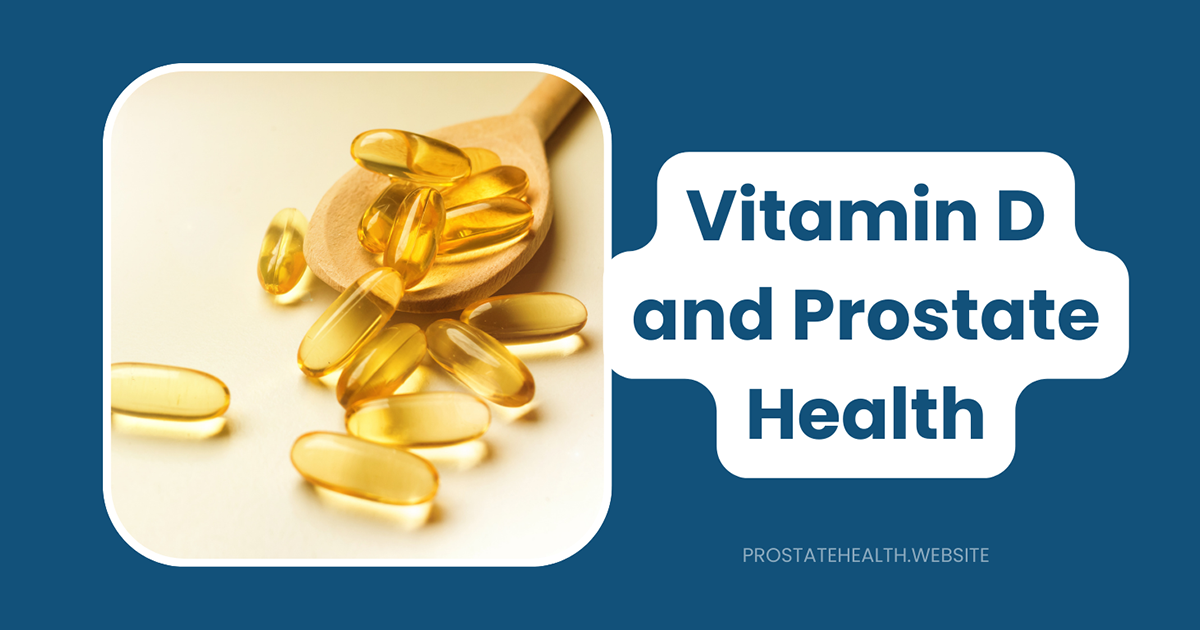
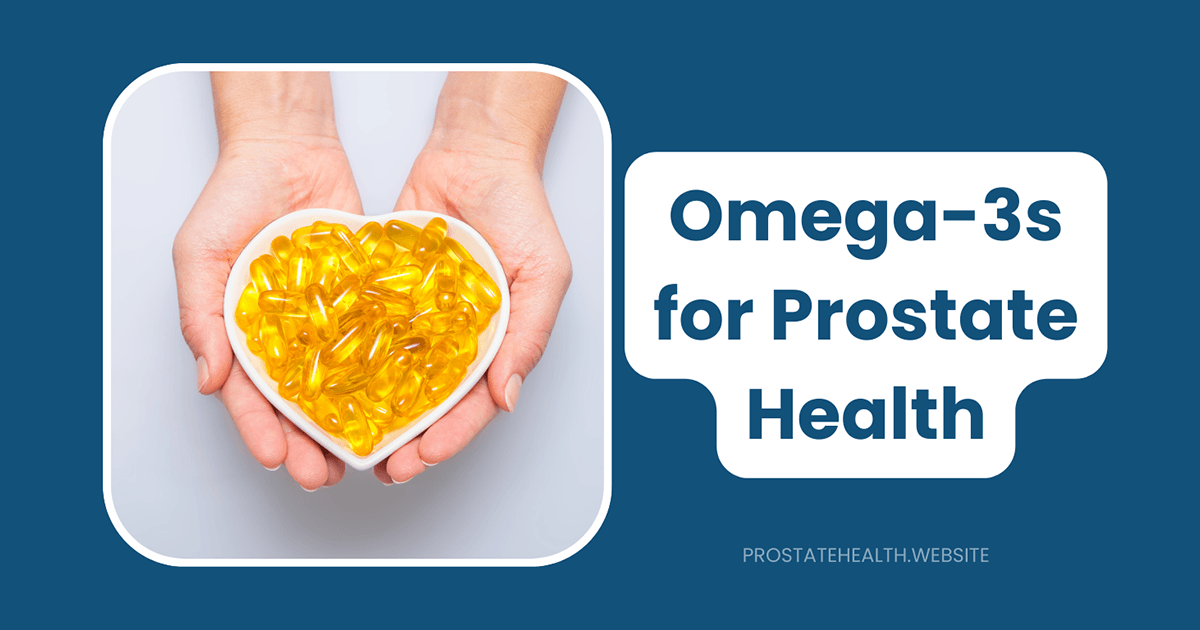
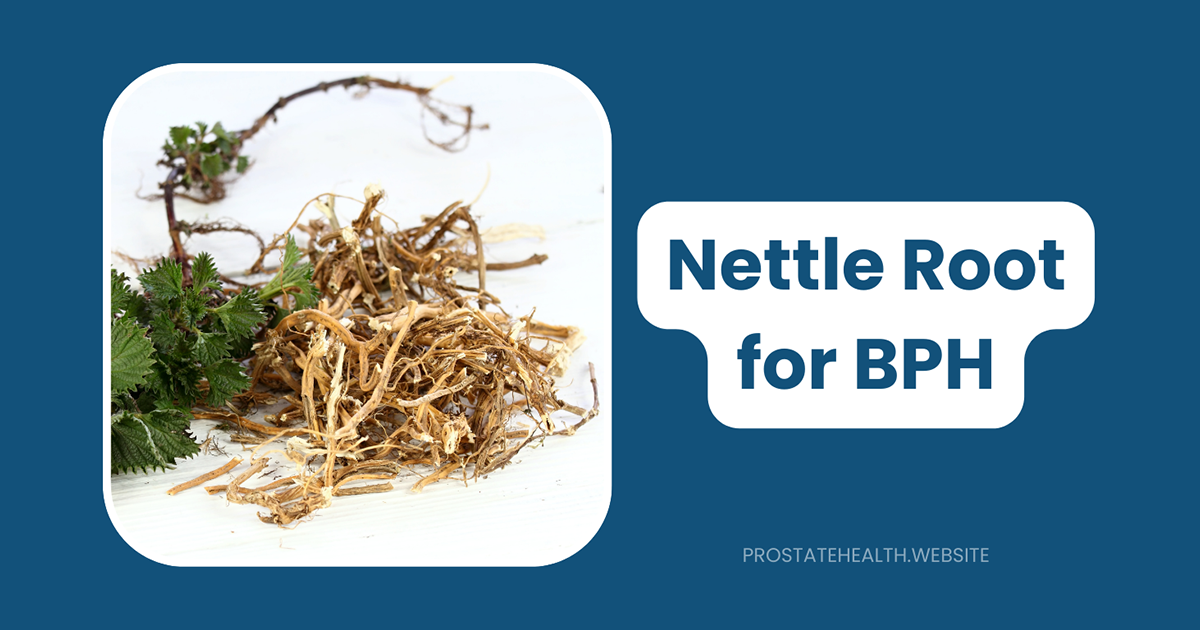
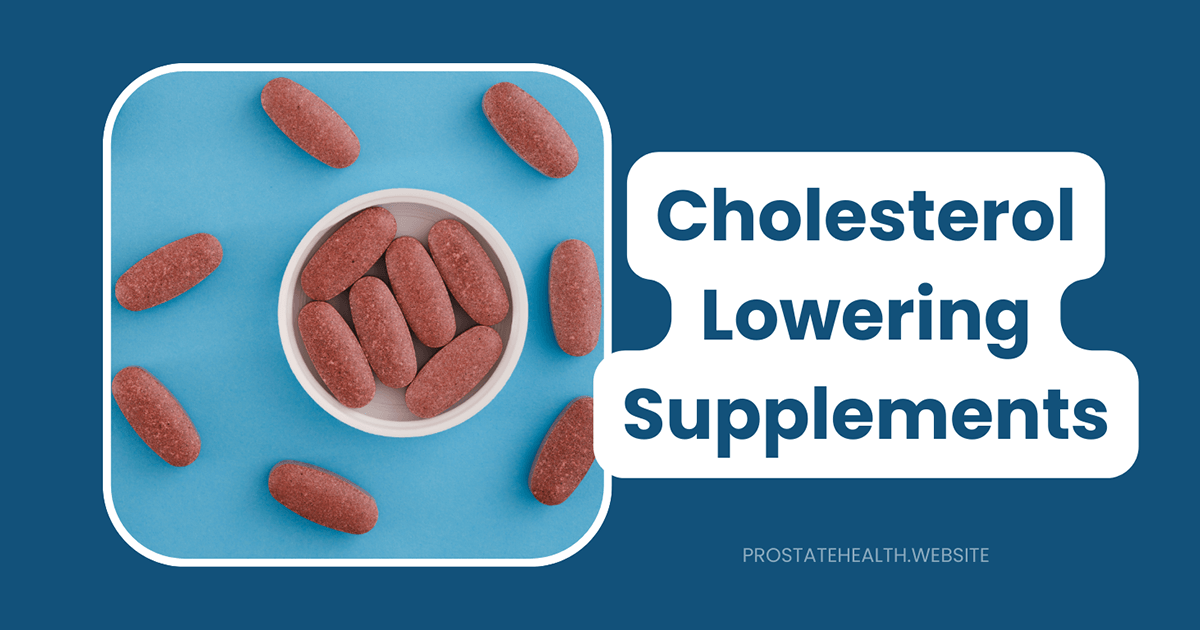
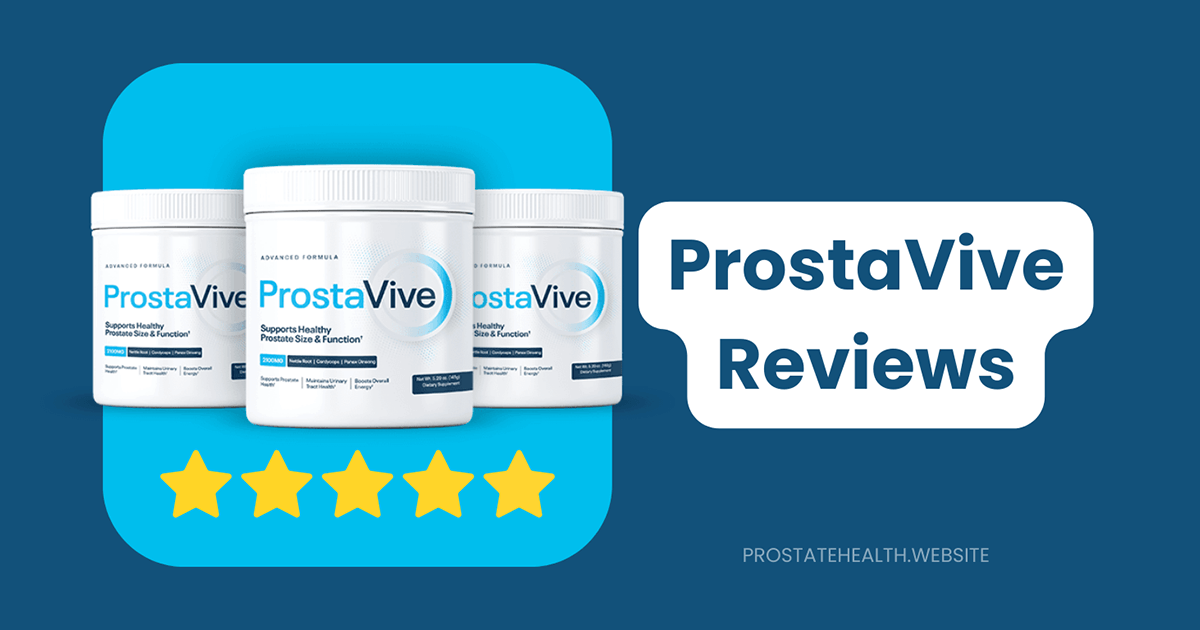
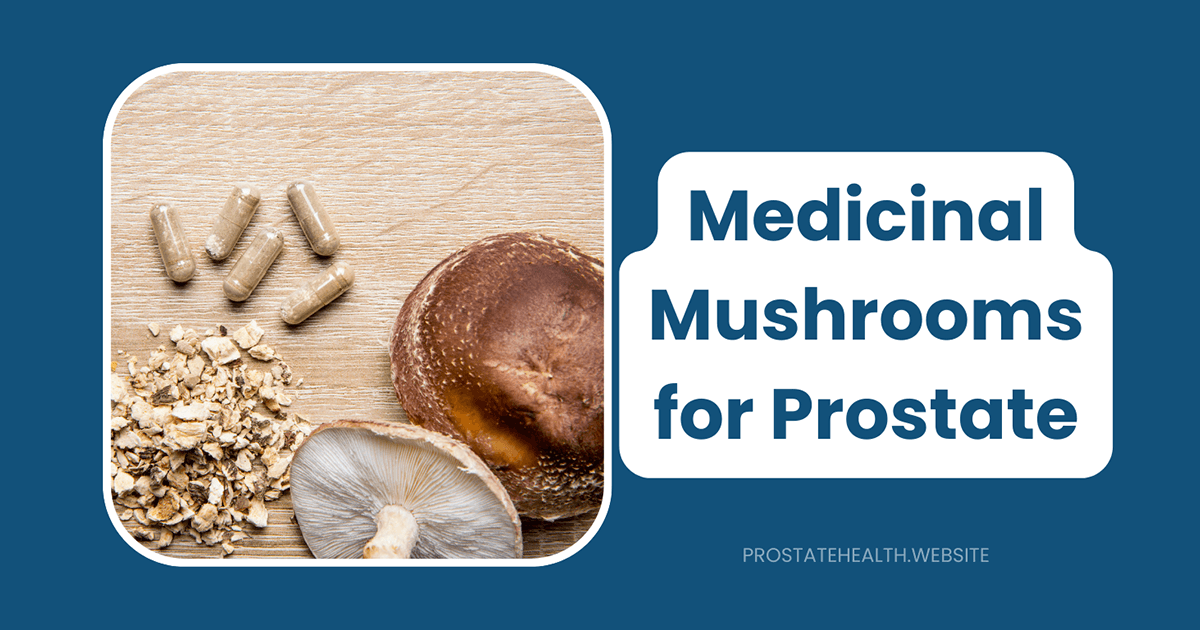
It’s actually very complex in this active life to listen news on Television, so I
only use web for that reason, and obtain the hottest information.
You’re absolutely right — life moves fast, and it’s not always easy to sit down and catch health information from TV or traditional news. Going online is one of the best ways to stay updated, especially when it comes to topics like prostate health and natural compounds such as beta-sitosterol.
I’m glad you’re seeking out the latest information. Staying informed is one of the strongest steps any man can take toward protecting his long-term health. And if you ever need these topics broken down in a simpler, clearer way, I’m always here to make things easier to understand.
Keep taking care of yourself — staying informed is already a powerful habit.